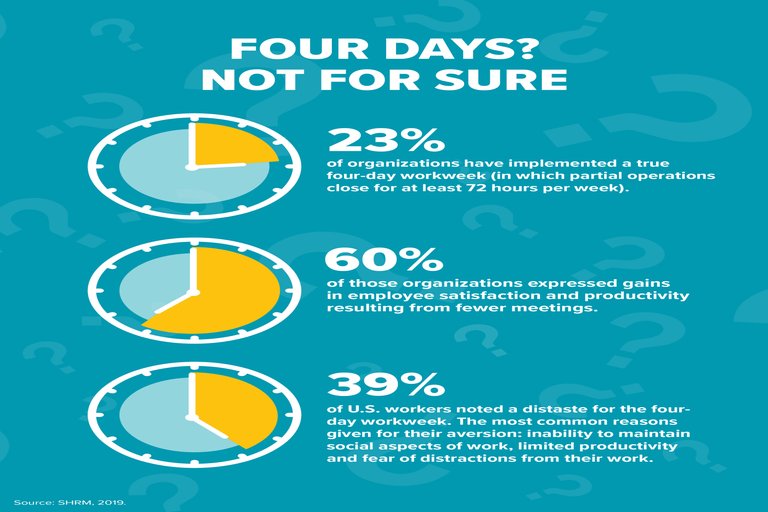Innovation & Ideas
South Devon students win national robotics challenge with AI-powered coastal monitoring drone
South Devon students win national robotics challenge with AI-powered coastal monitoring drone.
By Alastair Kim, The Commons View | 3 July 2025, 08:51

A team of students from a South Devon secondary school has claimed the top prize at a national robotics competition, impressing judges with their AI-powered drone designed to monitor coastal erosion and marine pollution.
The group, all aged between 15 and 17, attend Newton Abbot College and competed against 40 other schools in the UK Robotics Challenge Finals held in Birmingham. Their drone, nicknamed 'Sentinel', uses machine learning to detect anomalies in wave patterns, litter build-up, and cliffside degradation.
“We wanted to create something with real-world impact,” said team member Zoe Patel, 16. “Our coastline is vulnerable, and we felt technology could help communities protect it more effectively.”
The competition required students to design, build, and programme a robotic system addressing an environmental issue. Entries ranged from automated recycling sorters to flood detection bots, but Sentinel stood out for its originality and potential scalability.
The project also received praise for its collaboration with local marine biologists. The students consulted researchers at the University of Plymouth and conducted field testing in Dawlish, gathering real-time data to refine their algorithms.
“It was remarkable to see this level of innovation and teamwork from such a young group,” said competition judge Dr. Natalie Hughes, an engineer with the Environment Agency. “Their use of open-source tools and commitment to sustainability were exceptional.”
The win brings more than prestige. The team has been awarded funding to further develop their prototype and present it at the upcoming Youth Science Forum in Manchester. Additionally, they’ve been invited to meet officials at DEFRA to explore policy applications.
Parents and teachers alike have expressed pride in the students’ achievement. “They’ve demonstrated how STEM can empower the next generation to tackle urgent issues,” said headteacher Colin Drayton. “It’s a perfect blend of creativity, technology, and civic responsibility.”
As environmental concerns intensify, projects like Sentinel offer a glimpse into how community-rooted innovation can make a difference. And for the students of Newton Abbot, it’s only the beginning of what may become lasting careers in science and tech.